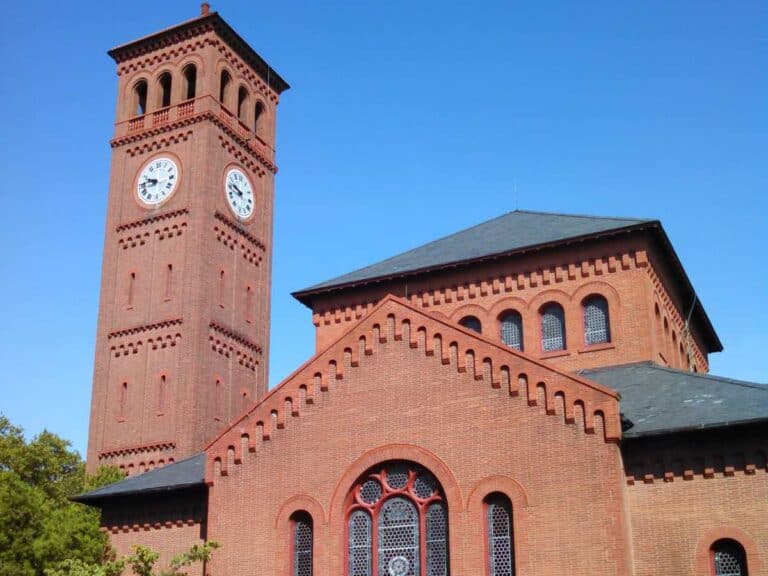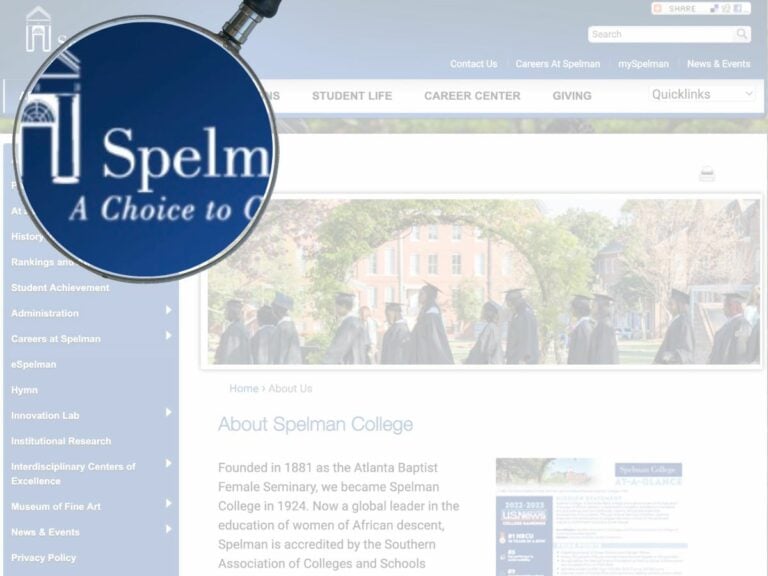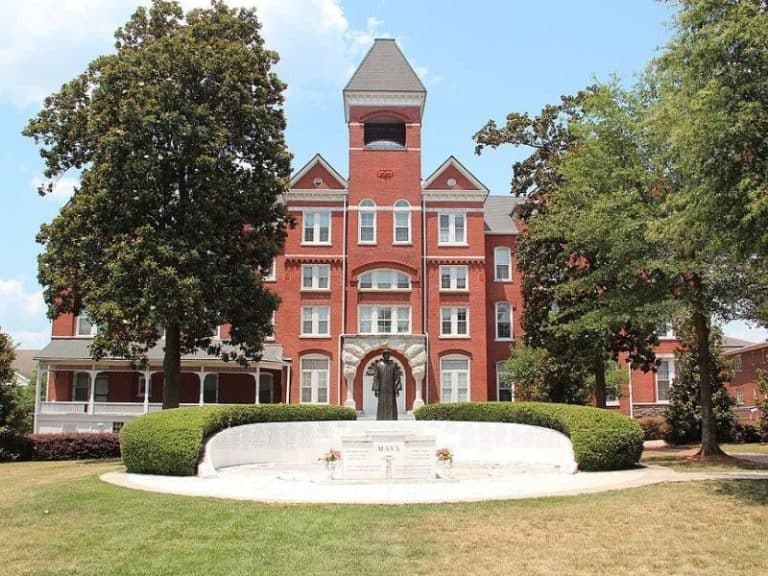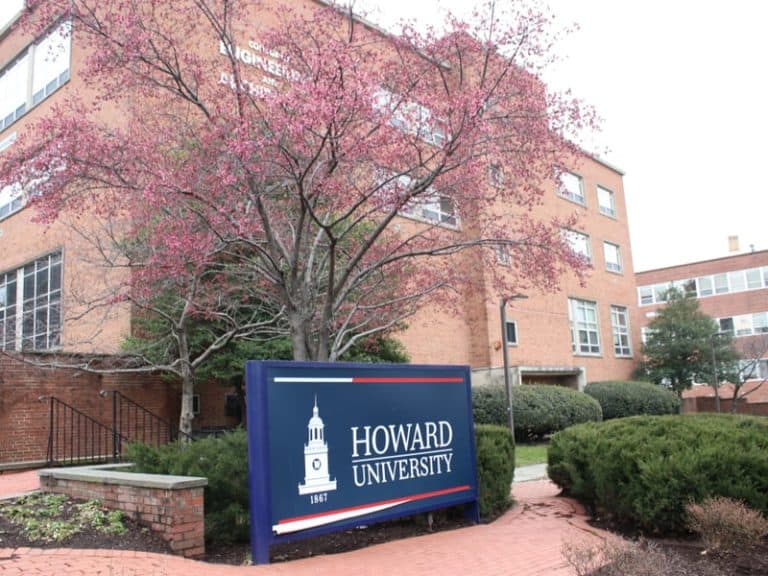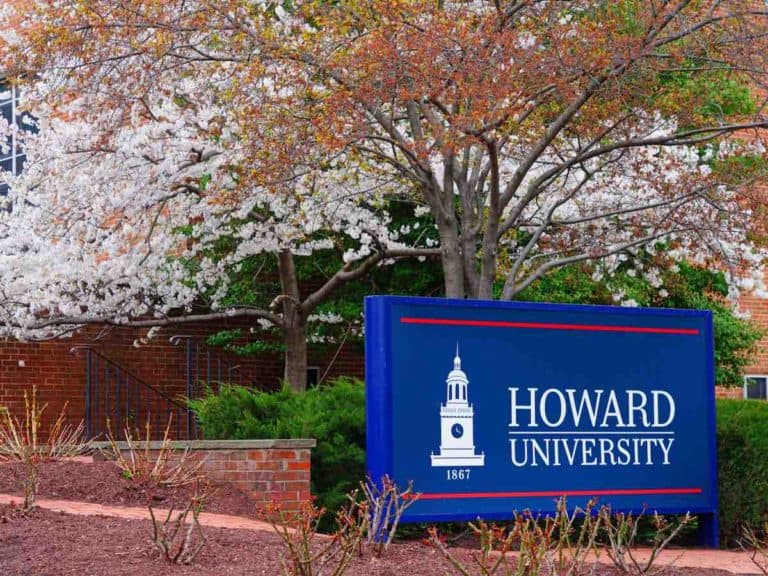Can Anyone Go to an HBCU (Historically Black College)?
In the US, 30+ colleges have all-women campuses, while four have all-men.
And while there are predominantly white campuses, there are also predominantly black ones.
These campuses are historically black colleges and universities (HBCUs), comprising only 3% of all four-year non-profit postsecondary institutions in the country.
While most are in the south, a handful are in the north and northeast.
HBCUs came into being to give people of African descent the opportunity to earn a college degree.
Despite their roots, black colleges are for people of all races.
Yes, if you’re white, you can go to an HBCU.
Yes, if you’re non-white and non-black, you can go to an HBCU.
Yes, if you’re multiracial, you can go to an HBCU.
Some HBCUs even have programs designed to actively recruit non-African American students as it would create a diverse and inclusive environment for their students.
Of course, it’s also to increase their profit necessary to stay afloat.

Here’s a Shocker: Some HBCUs Have More White Than Black Students!
Most American colleges are predominantly white.
It isn’t surprising since 53.4% of all college students across the nation are white or Caucasian — next in line are Hispanics or Latinos, making up 20.6% of the degree-seeking population in the land.
Meanwhile, only 13.1% are black or African American.
If you believe that all HBCUs are jam-packed with black students, you better think again.
According to the National Center for Education Statistics (NCES), non-black students make up approximately 25% of students at HBCUs, compared with only 15% in 1976.
A Couple of Predominantly White HBCUs
Based on a survey by US News, two HBCUs have more white students than black ones on their campuses.
Bluefield State University is one of them.
This HBCU is a part of West Virginia’s public university education system. It has a #19 in Top Public Schools ranking by US News and a #2 Safest College Campuses in West Virginia ranking by Niche.
Causing Bluefield to make a lot of heads turn toward it is the fact that 75% of its students are white.
On the other hand, only 15% are black.
Then there’s West Virginia State University.
Founded as the West Virginia Colored Institute, this research university is known for its beautiful campus and huge athletic life. US News ranks it #51 in Top Public Schools.
WVSU’s student population consists of 68% white.
Only 17% of its enrollees are black.
HBCUs With the Least Black Enrollment
While not predominantly white, some HBCUs have fewer black students on their campuses than others.
Recently, HBCU Money came up with a list of HBCUs with the fewest African-descent students, adding that these institutions received $280 million from American Rescue Plan Investment in Historically Black Colleges and Universities.
Just check out the following table:
| Institution Name | Percentage of Black Students |
|---|---|
| Saint Philip’s College | 9% |
| West Virginia State University | 9% |
| Gadsden State Community College | 17% |
| Shelton State Community College | 35% |
| Lincoln University of Missouri | 46% |
| Central State University | 53% |
| Bishop State Community College | 59% |
| Fayetteville State University | 60% |
| Edward Waters College | 62% |
Are You a Non-Black Student? Many Black Colleges Want You!
Many predominantly white colleges and universities install programs that actively seek students from various ethnic and racial backgrounds to create a more diverse campus community.
Students can benefit academically and socially from being a part of an inclusive environment.
The same applies to colleges: it’s great for their image and rankings!
It’s also not uncommon for some black institutions to have the need to make admissions more welcoming to encourage students from all backgrounds to come and enroll.

HBCUs That Actively Seek Non-Black Students
Some HBCUs recruit and enroll white students to try to make their campuses more diverse and inclusive.
One example is Howard University.
This private, federally chartered historically black research university in Washington, DC is famous for its R2: Doctoral University designation for having very high research activity.
Considered a Black Ivy, Howard has a black population of only 65%.
However, it’s worth pointing out that a kicked-out white student at the Howard University School of Law sued the HBCU, which is #2 in Historically Black Colleges and Universities by US News, for discrimination.
Morehouse College is another HBCU known to recruit white students.
The private historically black institution in Atlanta, Georgia is the largest men’s liberal arts college in the US — its 66-acre campus is home to 2,567 students, around 98% of whom are black.
In 2008, the first white valedictorian of an HBCU, Joshua Packwood, graduated from Morehouse.
However, Morehouse sparked controversy in 2022 when it hired a white woman as chief brand officer and vice president of strategic communications, marketing, and admissions.
Other HBCUs known to seek students other than black ones include:
- Hampton University
- North Carolina Central University
- Spelman College
- Xavier University of Louisiana
Reasons to Attend an HBCU
As mentioned, only 3% of all four-year non-profit institutions in the US are HBCUs.
Despite this, according to the United Negro College Fund (UNCF), they generate approximately 20% of all black graduates with a degree in a STEM-related field.
With 97% of schools being non-HBCUs, running out of colleges and universities where they can earn a bachelor’s degree should be the least of the worries of non-black students in the nation.
Still, many non-blacks choose to attend HBCUs.
It goes both ways — many black students choose to enroll in non-black colleges.
Here are some of the perks that non-black students can enjoy from attending an HBCU as well as minority-serving institutions:
- Inclusivity
- Supportive environment
- Custom extracurriculars
- Usually lower tuition costs
- Generous scholarships
- Generally higher acceptance rates
- Rich history and legacy
- Unique research opportunities
- Commitment to social justice and activism
- Strong alumni network
- Solid ties with the local community
Disclaimer: The views and opinions expressed in this article are those of the authors and do not necessarily represent those of the College Reality Check.
